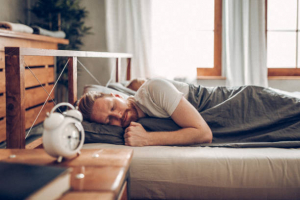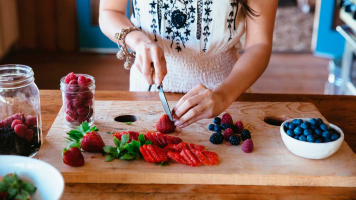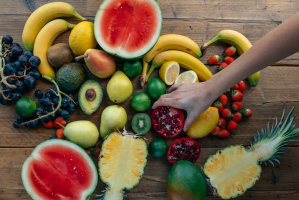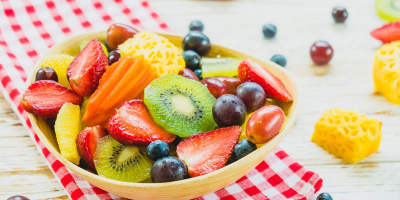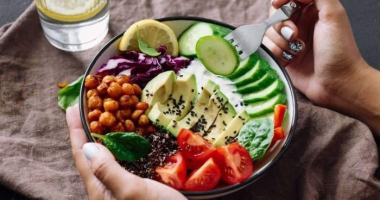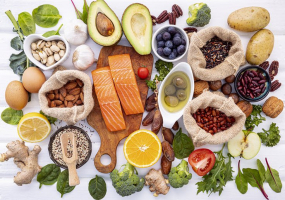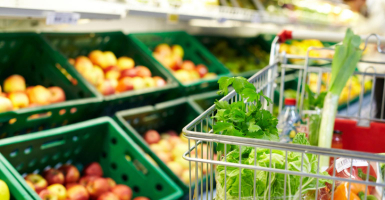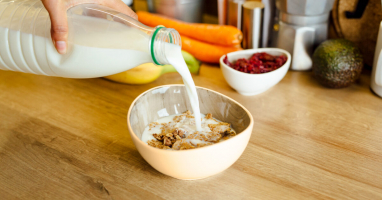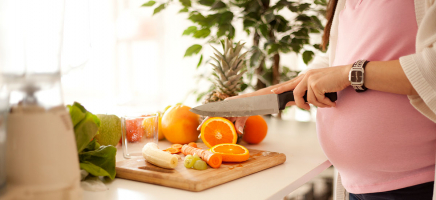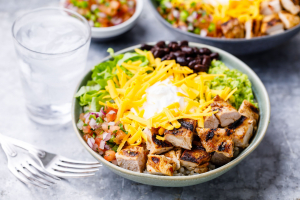Top 5 Foods Not to Eat Before Bed
Getting the necessary eight hours of sleep each night is difficult enough with the busy schedules and availability of distractions. However, even though it can ... read more...be challenging, giving up your favorite beverages and foods by a specific time may be the key to improving your sleep. If getting a good night's sleep is a top priority for you, avoid or limit the foods on the list below, especially before bed.
-
Caffeinated drinks including soda, coffee, and tea are among the worst foods for sleep health. Caffeine perks you up and improves your mental sharpness, which is why many people start their days with a cup of coffee.
According to research published in Risk Management and Healthcare Policy in December 2018, 90% of American adults reportedly use caffeine-containing beverages on a regular basis. Unfortunately, consuming a lot of caffeine or drinking it too late in the day can disrupt your sleep. When people don't get enough sleep, they frequently turn to caffeine to make up for it, which leads to a vicious cycle where they depend on it to stay up during the day and are then too linked to sleep at night. Drinking even one cup of coffee within a few hours of sleep is a bad idea, because caffeine has a half-life of about five hours for most people.

Caffeinated Drinks 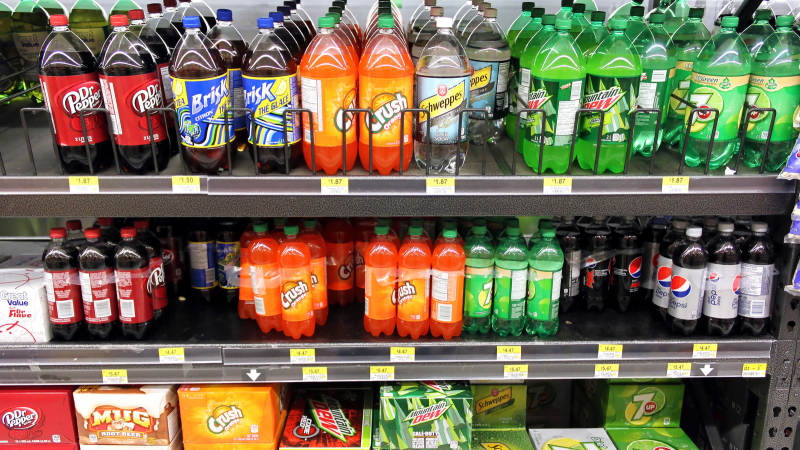
Caffeinated Drinks -
Curry is one of the worst foods for sleep because of its distinctive spiciness. These spicy food-related symptoms may worsen when you lie down to sleep because the acid may enter the esophagus and irritate it. This may cause heartburn and acid reflux that lead to sleep disruptions and keep you up at night.
The chemical capsaicin, which is found in spicy foods, is one potential cause of sleep issues. The change from day to night must naturally cause your body temperature to drop. Capsaicin is thought to internally raise body temperature, your core and surface body temperatures are somewhat raised when you eat extremely spicy foods, such as chili peppers. Therefore, making it challenging to get a good night's sleep. So it's a good idea to avoid eating spicy foods right before night.
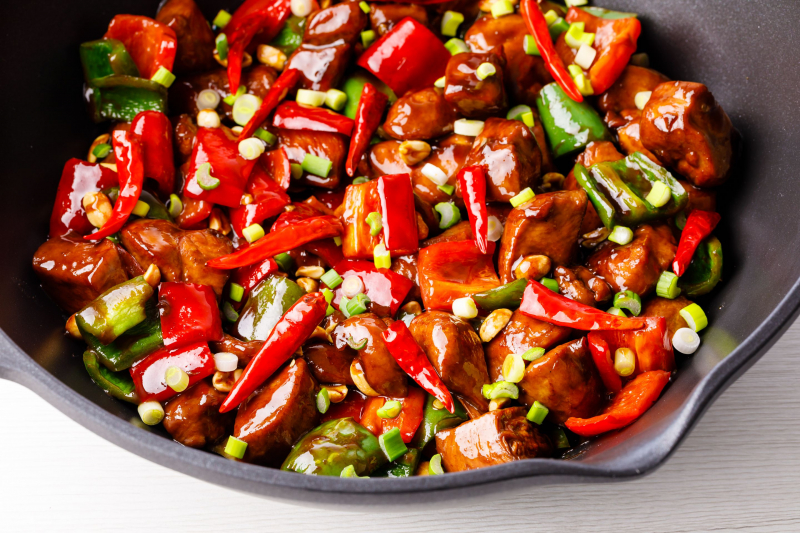
Spicy Foods 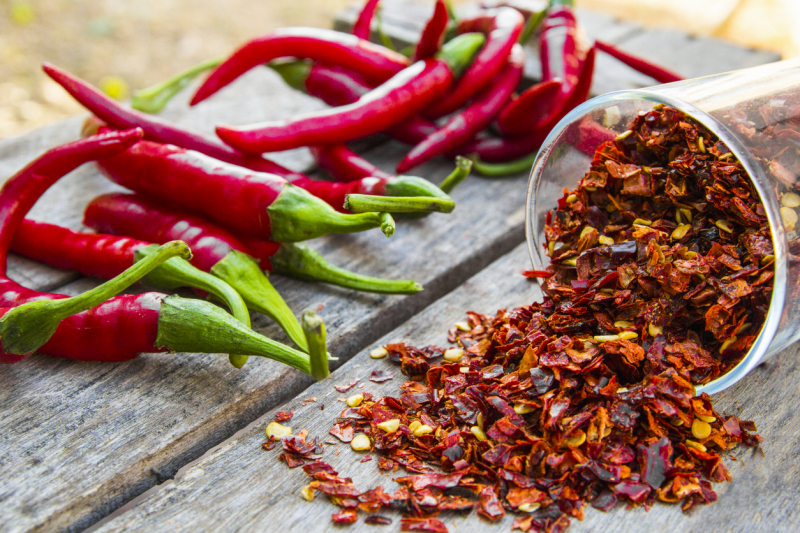
Spicy Foods -
High glycemic index (GI) foods cause a quick rise in blood sugar levels. These include sweets, processed carbs like white bread, and foods with a lot of added sugar.
Significant spikes and decreases in blood sugar are brought on by high GI foods. Your body is then forced to release hormones like growth hormone, cortisol, and adrenaline, which can cause symptoms like anxiety and irritability. According to studies, having low blood sugar can make it more difficult to fall asleep. On the other side, having high blood sugar after a meal with a high glycemic index may make you feel tired at first, but the changes in hormones that followed, particularly insulin, may make you wake up later in the night. High glycemic diets also cause inflammatory reactions in the body and imbalances in the beneficial bacteria in the gut, which may impact sleep.
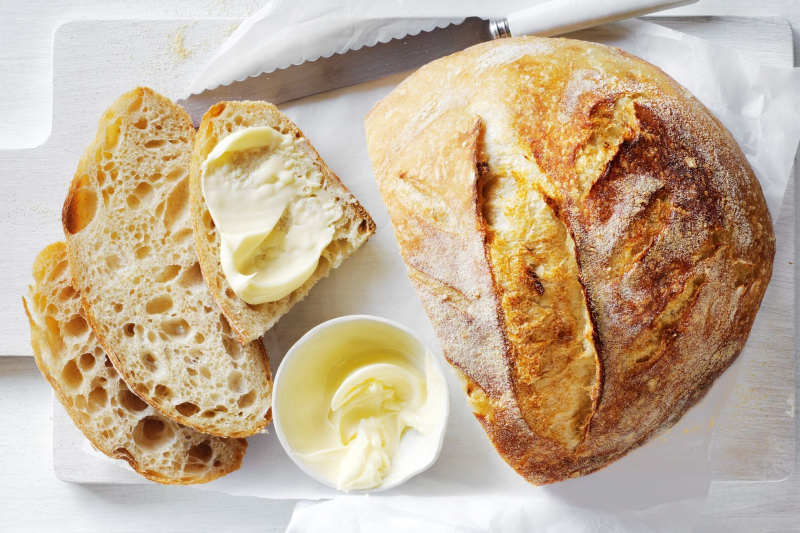
High glycemic index foods and added sugar 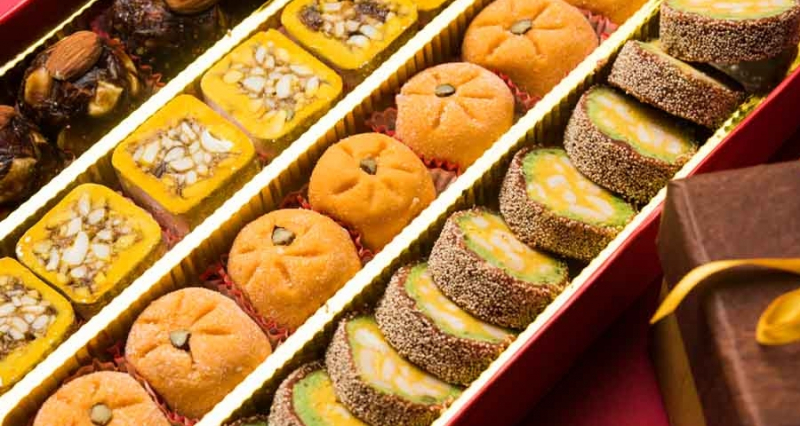
High glycemic index foods and added sugar -
Eating fatty foods like fried chicken and other fatty meats may make it harder to fall asleep. According to research, consuming more fat, especially saturated fat, may have a negative impact on your sleep cycle.
Having a higher intake of saturated fat was linked to lighter, less restorative sleep, according to a 2016 study of 26 adults. In a different study with 459 women, it was found that participants' total sleep time decreased in proportion to the amount of total and saturated fat they consumed. Insomnia men consumed more saturated fat than men without sleep difficulties, according to a 2015 study of 211 men. A 2016 study that examined data on 15,273 men discovered that men with insomnia consumed more trans fats than men without insomnia.
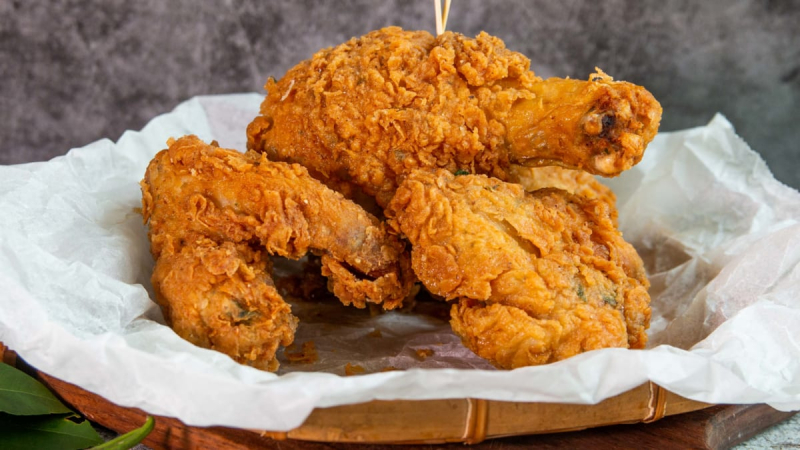
Fatty foods 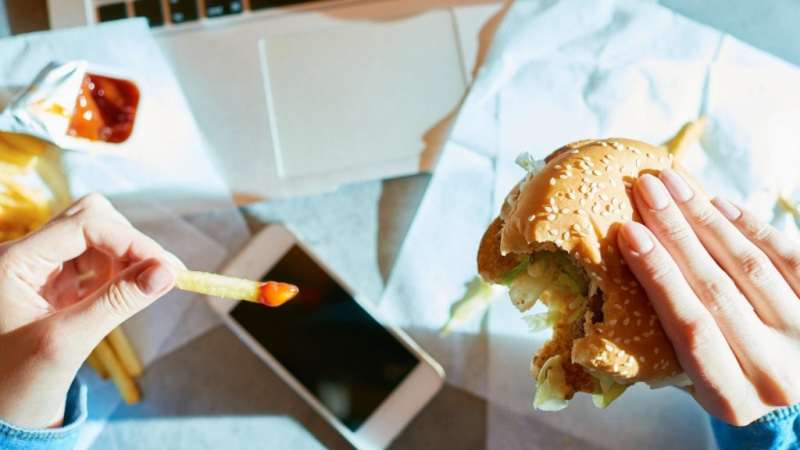
Fatty foods -
Fast food and packaged snacks, which are highly processed, might not be the ideal option for a good night's sleep. Research shows a relationship between ultra-processed food diets and short sleep duration and poor sleep quality.
Shorter sleep duration and worse sleep quality were linked to increased intakes of fast food, instant noodles, and sweets, according to a 2018 study that included data on 118,462 adolescents between the ages of 12 and 18. A 2020 study of Brazilian teenage sleeping habits found a connection between increased consumption of highly processed foods and poorer sleep quality. Additionally, eating a lot of ultra-processed food can make you gain weight. According to studies, those who are overweight or obese experience more sleep problems than those who are not. Obstructive sleep apnea, a medical disorder that can make it difficult to breathe at night and cause sleep loss, may be brought on by obesity.
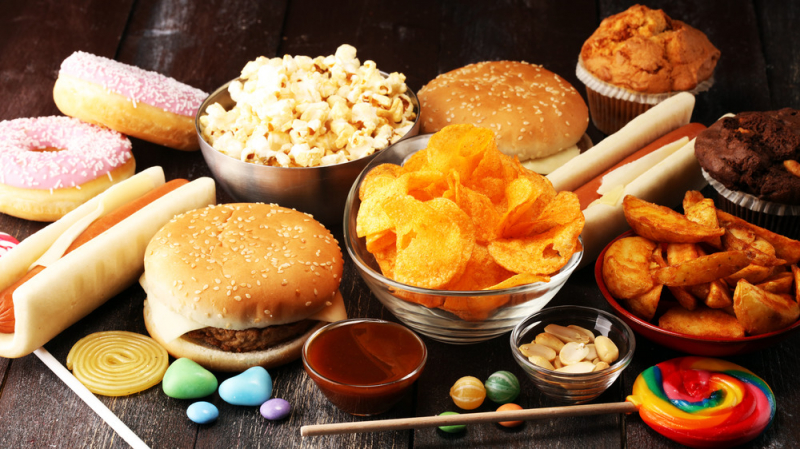
Fast food and other ultra-processed foods 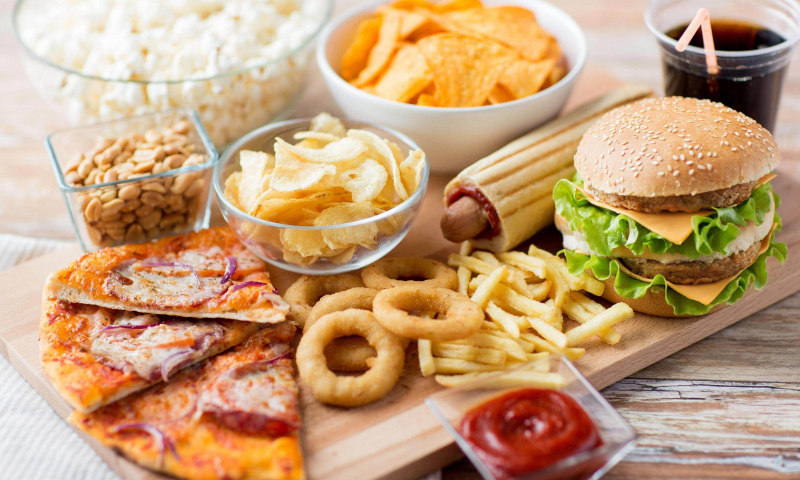
Fast food and other ultra-processed foods







